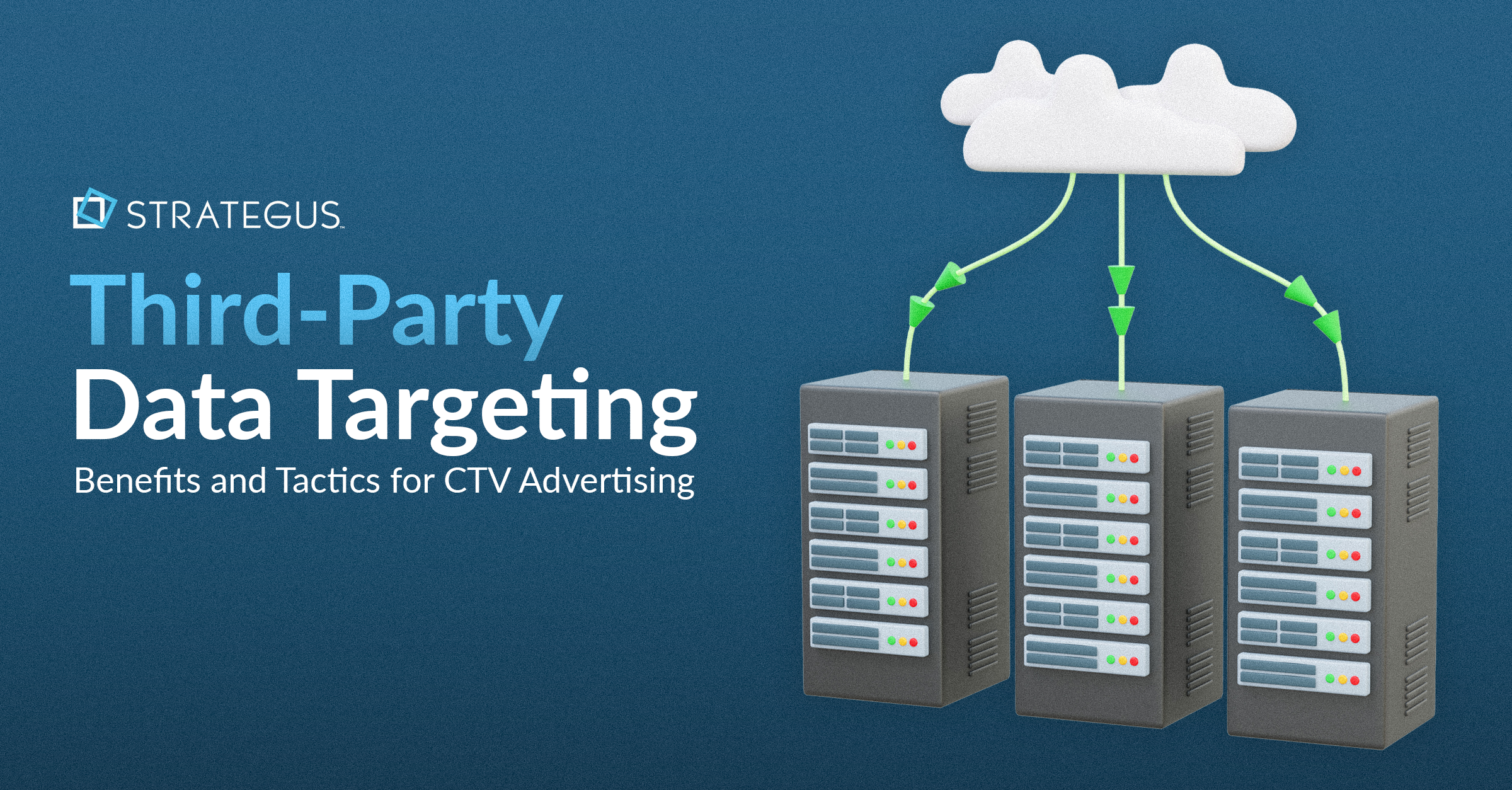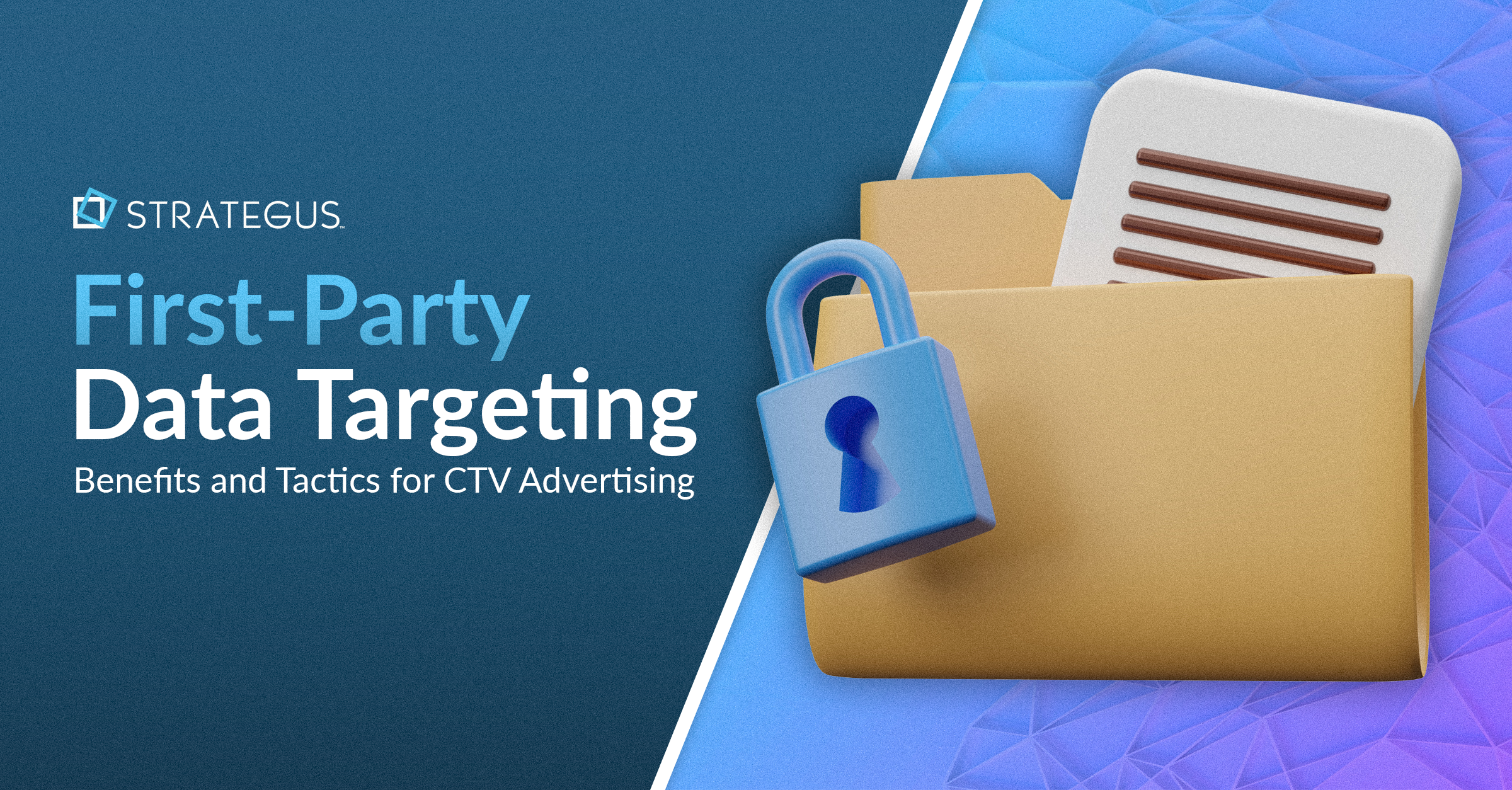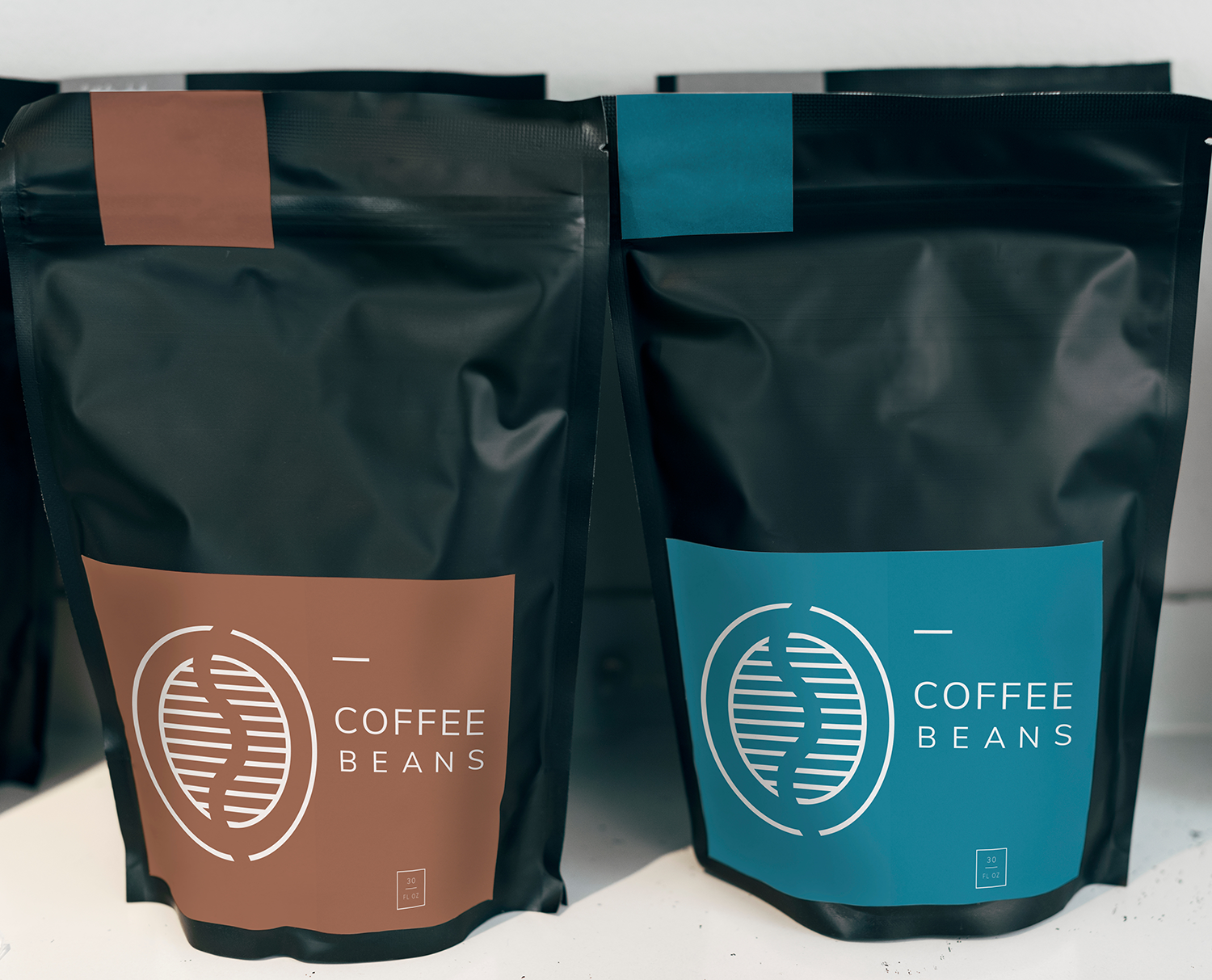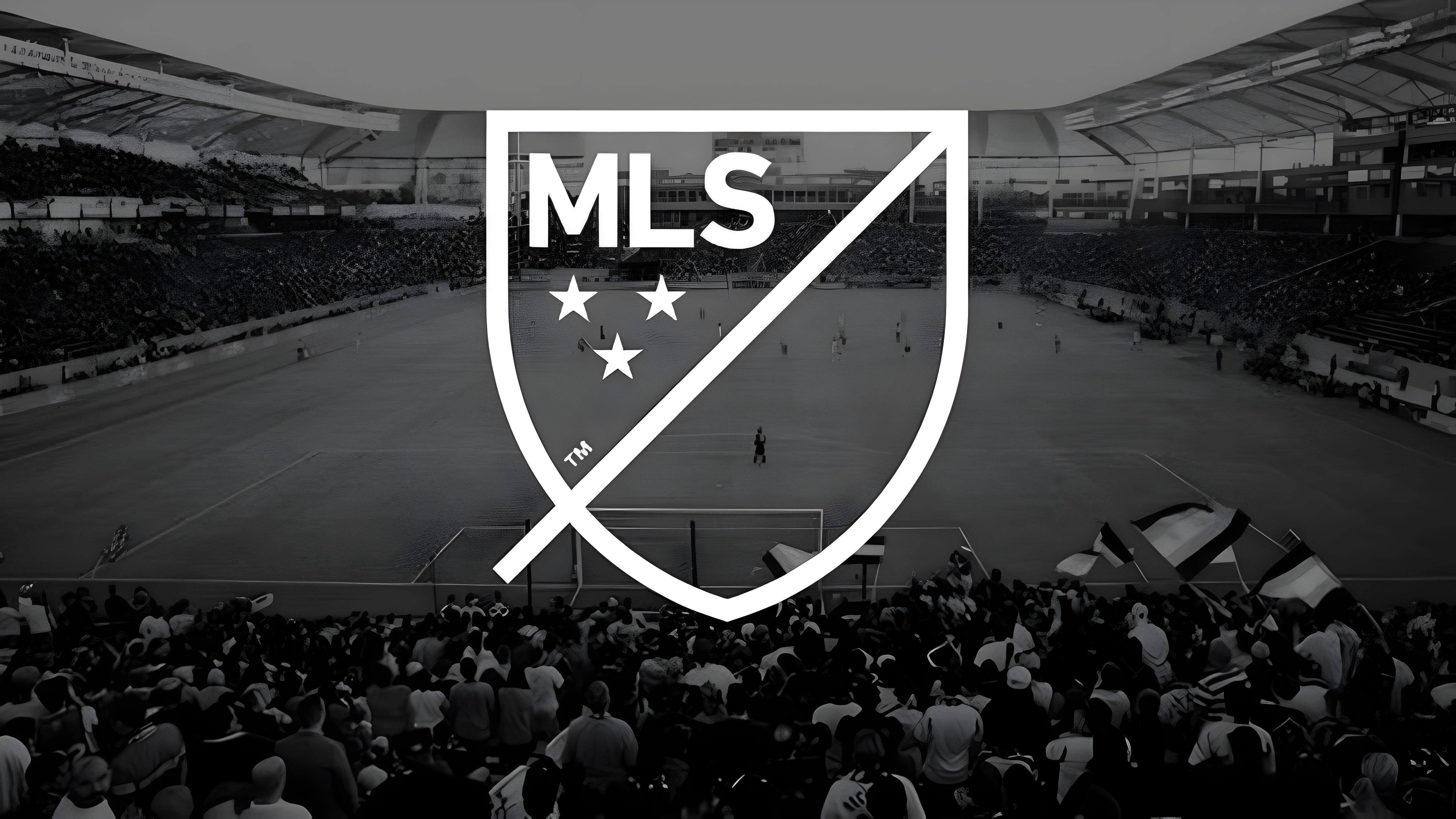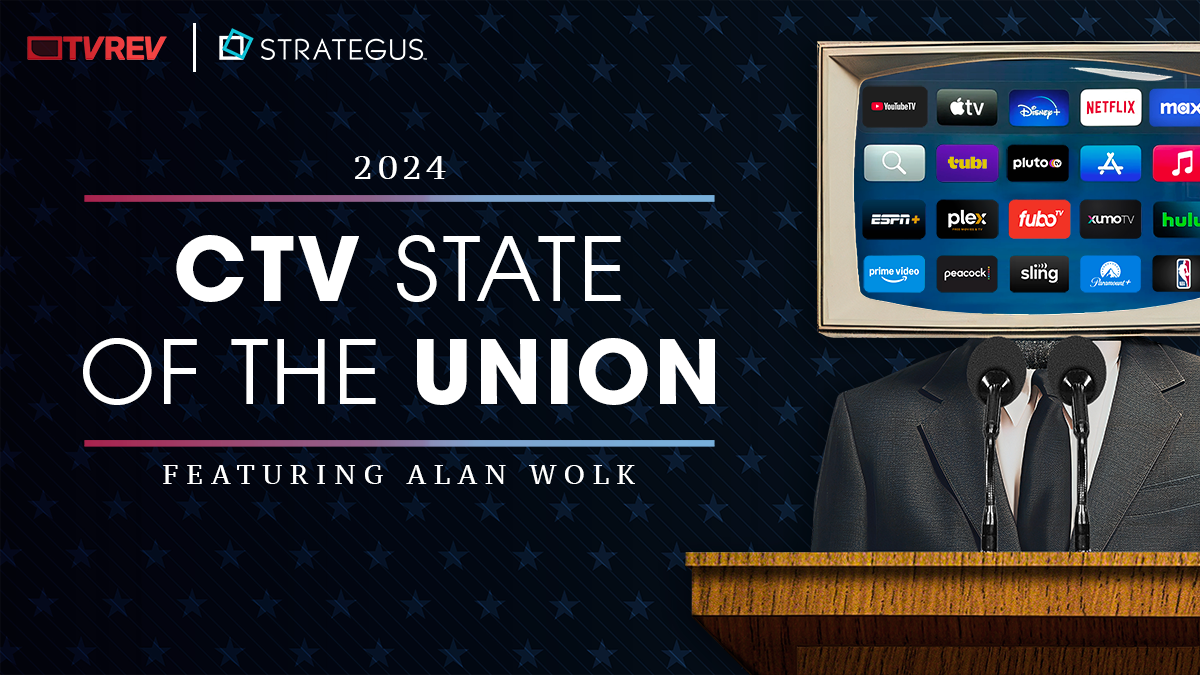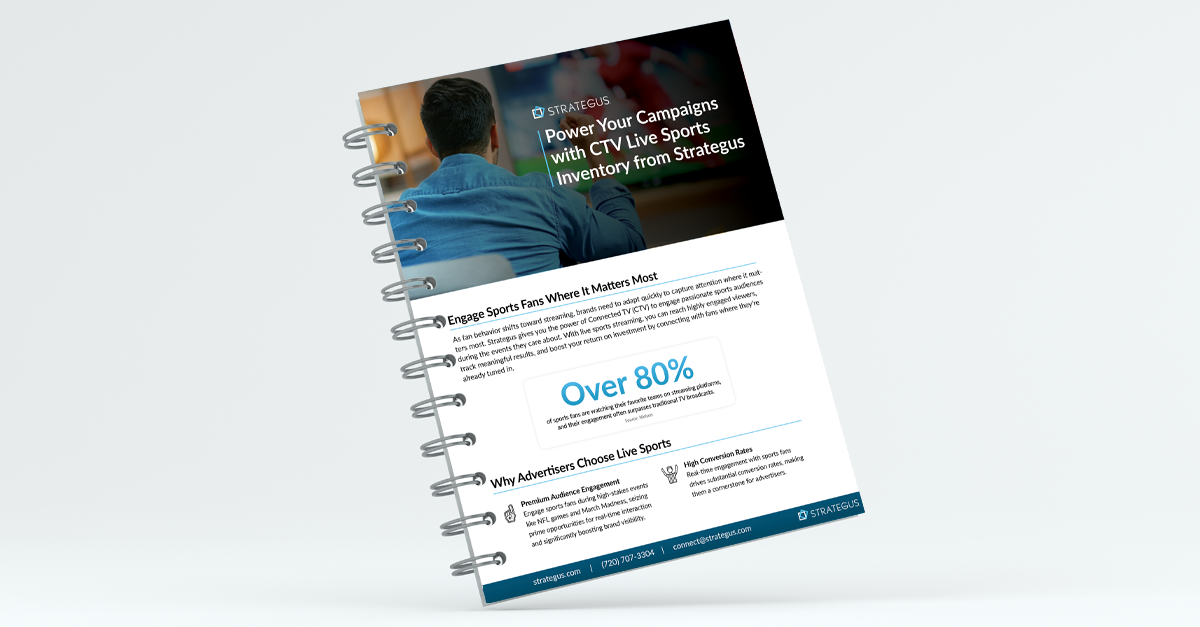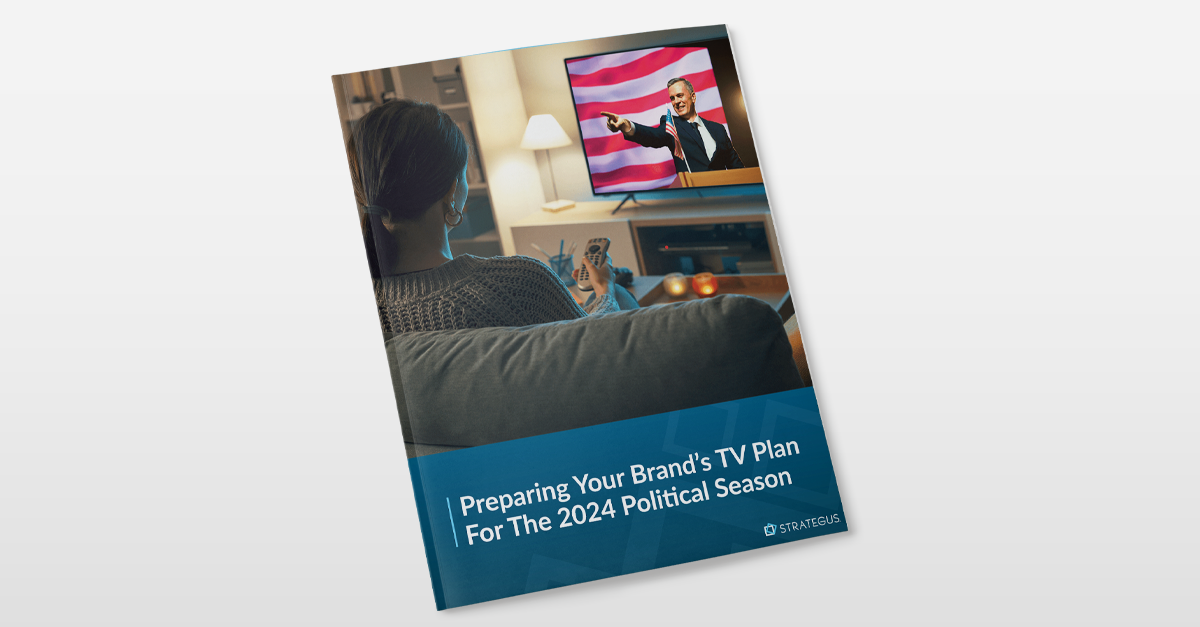- Home
- Strategus Blog
- Stay the Course.
Stay the Course.
 Andy Dixon
Andy Dixon
2 minutes read

Part I of the Actionable Marketing Strategies During a Pandemic series.
Things have changed dramatically in the last few weeks, and media buyers are struggling. As of the end of March, the majority of Americans have been ordered to stay at home. Many advertisers are asking: “should we continue spending, or back off until this is all over?” The answer is to evaluate the situation realistically, and adjust accordingly.
As shocking as the pandemic crisis may be, we’ve been here before, and solid sources such as McKinsey & Company and the Harvard Business Review offer some timeless advice. We’re living through history, and these articles from years past are helpful today in shedding light and gaining perspective on marketing during market downturns.
History shows us that panics and shutdowns have allowed savvy brands, those willing to adapt and adjust, to come out on top and take market share away from weaker, more hesitant competitors. This article in Forbes published well before the COVID-19 downturn takes a historic look at reasons why not to stop advertising during a weakened economy.
- In the 1990-91 recession, Pizza Hut and Taco Bell took advantage of McDonald’s decision to drop its advertising and promotion budget. As a result, Pizza Hut increased sales by 61%, Taco Bell sales grew by 40% and McDonald’s sales declined by 28%.
EVALUATE NEW CONSUMER BEHAVIOR
Even if your business is on pause, it’s essential to maintain a thoughtful and productive conversation with your customers. For brands that do continue to advertise, the reality is that consumer behavior has changed and traditional ad spends may not be relevant until we are back to normal. The needs of a community under stay at home orders are much different than what we had expected as we planned to usher in Spring of 2020.
Clearly, consumers are not going out to restaurants, theaters or physical retail, so spending on OOH, or traditional advertising that attempts to get people out of their homes, doesn’t make sense right now. But for every action, there is a reaction. Digital streaming has increased so much so that it’s straining the internet. More isolated consumers haven’t stopped spending, for example: Peloton Bikes are on backorder. They’re just not seeing all of the different messaging formats that we’re all used to having around us wherever we go, and they’re being more selective with their purchases.
FOLLOW YOUR AUDIENCE HOME
Your ad budget might need a buzz cut, but don’t turn it off completely. Tactical approaches like CTV combined with e-blasts and cross-screen digital targeting are a sound reallocation of your event-marketing or promotional budgets. OTT (over-the-top) advertising is already up 16%, and when disasters drive consumers indoors, Nielsen predicts viewing can jump up by 60%. Combined with the ongoing cable cord-cutting trend we’ve been watching for years, we may have finally arrived at the point where the majority of viewers favor digital streaming over linear television. Future campaigns should take this changing behavior into account, and adjust advertising strategies around the new realities now shaping the customer experience. For those who weren’t already on board with programmatic OTT and connected TV (CTV) advertising, now might be the time to make a move.

Andy Dixon is a seasoned Content Writing Specialist at Strategus, renowned for his expertise in creating engaging and impactful digital content. With over a decade of experience in content creation, Andy has honed his skills in a variety of niches, ranging from technology and marketing to education.
Strategus is a managed services connected TV(CTV) advertising agency with over 60,000+ campaigns delivered. Find out how our experts can extend your team and drive the result that matter most.
Talk to an Expert
Seeking a Custom CTV Strategy That Delivers?
What to read next
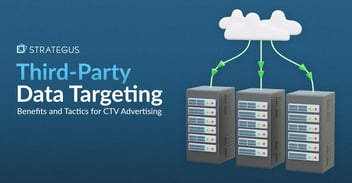
Third-Party Data Targeting for CTV: Benefits & Tactics
Third-party data. It’s a term that’s thrown around, and yet few take the time to detail its pros and cons — much less strategies for using...
7 minutes read
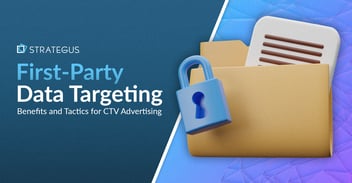
First-Party Data Targeting: Benefits and Tactics for CTV Advertising
First-party data is the information that companies collect directly from their customers rather than through intermediaries. Advertisers use this...
10 minutes read

Foot-Traffic Attribution: Tying Ad Impressions to In-Store Visits
The marketing funnel has changed. Today’s shoppers often begin researching products from the comfort of their homes and don’t set foot into a store...
8 minutes read

CTV Attribution: What It Is and How It Works
Connected TV (CTV) viewing is on the rise — and that’s good news for marketers. Not only can CTV ads be precisely targeted to individual households,...
9 minutes read



